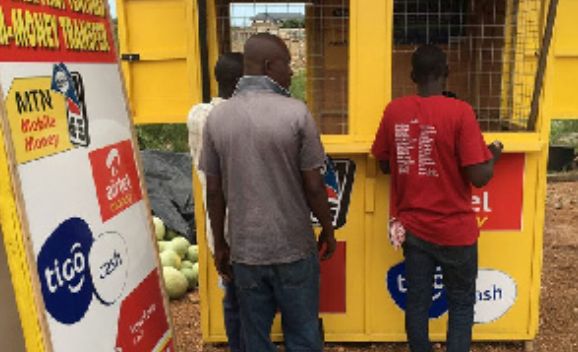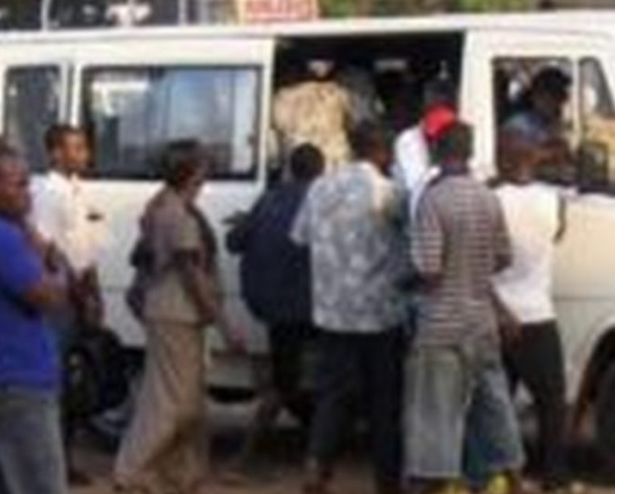MoMo users in Kumasi draw up ways to avoid E-Levy charges

People are devising ways to avoid the E-levy
E-Levy bill approved by parliament
The introduction of the Electronic Transfer Levy has been met with a lot of opposition from various institutions and individuals in the country.
Despite the strong opposition from the Minority in parliament against the bill, the Majority succeeded in passing it in March 2022.
Some citizens, in a bid to avoid the newly introduced levy, are devising ways and methods to steer clear of it.
Some people have returned to the traditional ways by keeping their money in their pockets just to avoid payment of the levy on transfers.
Panic withdrawals from mobile money wallets have been witnessed in various parts of the country since the levy came into effect on May 1, 2022.
MoMo vendors are however attributing the low patronage to low public education on the E-Levy despite the government’s many town hall meetings in the various regions.
A mobile money vendor in Kumasi, Samuel Prah, in a report by myjoyonline.com noted that the panic withdrawals have negatively affected his business and he is contemplating quitting the business.
“Last 2 months and a few weeks ago, people were trooping here to withdraw money. I planned on quitting the mobile money business,” he said.
In a bid to win back his customers, however, Samuel has decided to explain the transaction process to them and this is yielding positive results.
“People were afraid to keep monies on their phones. Whenever they come here to withdraw, I take my time to explain the transaction processes to them. Gradually, I have been able to convince quite a number of people to stop the panic withdrawal.”
A MoMo user, Osman Yakubu Iddrisu, speaking to the reporter, said he would rather send money to his relatives by wrapping the money in parcels, rather than through the MoMo vendors just to avoid the E-Levy.
“Before making transactions, I will compare the charges. If it is not favourable, I will resort to cash. I can choose to wrap the money in a piece of cloth and send it to the VIP station,” he said.
Another way to avoid paying the E-Levy, he mentioned, was to “allow cash out on my phone wherever I am. The receiver only needs to be close to a merchant to withdraw the money,” he explained.
Uncle Gilbert, another MoMo user, said for the past two days, he has switched to using the cash system and has resolved to wrap money in a piece of cloth to send to his mother in the Volta Region anytime he has to do send money over.
“I send money to my relatives in Aflao often. I do not send the money electronically. I will package it in an envelope and stash it inside a piece of cloth. I only need to call and alert them that there’s money inside. I am prepared to take that risk,” he said.
Even though the alternatives people are resulting to, may seem risky, they are unperturbed because they are just satisfied with being able to avoid the payment of the levy.
The Ashanti Area Director of the Ghana Revenue Authority, Agnes Akosua Adu Boateng says public education on the E-Levy needs to be intensified to prevent a further decline in MoMo transactions.
She said Ghanaians need to understand that “mobile money deposit, withdrawals, cash out, savings on MoMo will not attract e-levy.”





